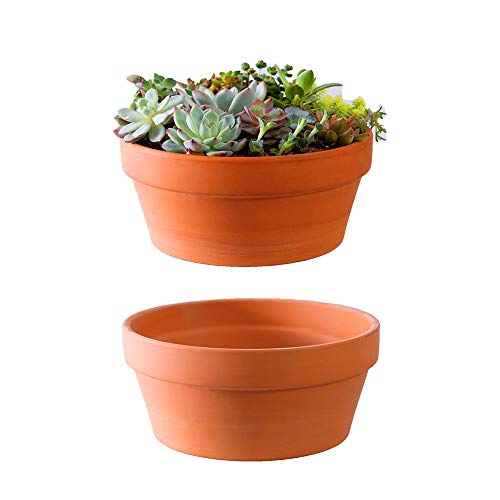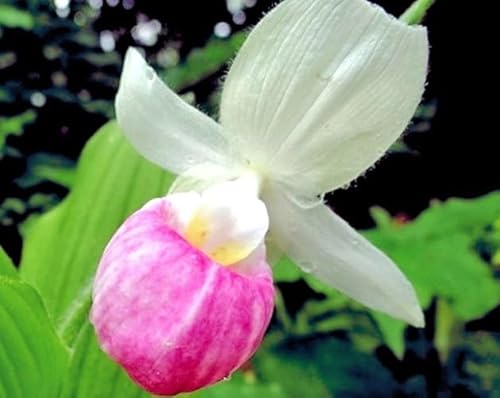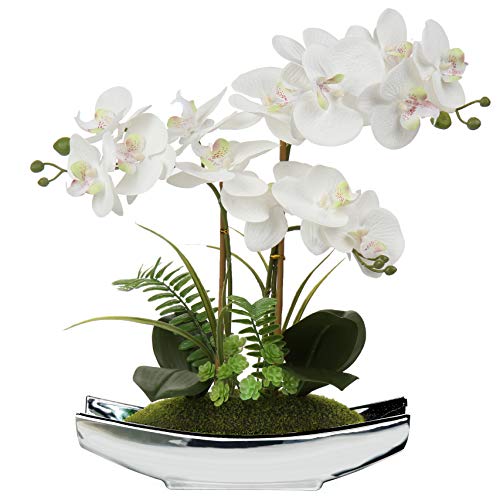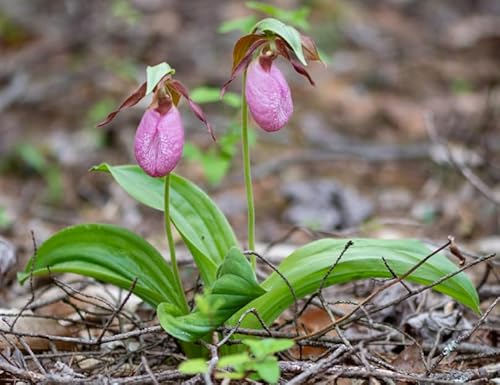Not sure how many of you will want to go on record discussing judging issues, but I thought I'd try and start a conversation. Based on the Recent Orchids, and some of the FCC plants pictured there, I thought the topic was ripe. Here are my issues with AOS judging (based on Boylston so experiences may vary):
1. I think parallel awards should be given if the plant deserves the award (Boylston will not give parallel flower awards)!
2. Judges do need to consider there is a pecuniary interest in plants that are awarded.
3. Rather than starting with the plant being crap and working up, judges should start at the plant being 100 pts. and work down!
4. (Not at Boylston) there is an appearance that certain companies and individuals easily get awards, while more worthy plants from lesser known people to not.
Yes, this may come across as "sour grapes" but it is very hard to judge award quality plants when one center screens out a plant and another awards a lesser quality plant, for example the same hybrid.
Curious as to others opinions, ideas, and reflections. Please keep it civil!
1. I think parallel awards should be given if the plant deserves the award (Boylston will not give parallel flower awards)!
2. Judges do need to consider there is a pecuniary interest in plants that are awarded.
3. Rather than starting with the plant being crap and working up, judges should start at the plant being 100 pts. and work down!
4. (Not at Boylston) there is an appearance that certain companies and individuals easily get awards, while more worthy plants from lesser known people to not.
Yes, this may come across as "sour grapes" but it is very hard to judge award quality plants when one center screens out a plant and another awards a lesser quality plant, for example the same hybrid.
Curious as to others opinions, ideas, and reflections. Please keep it civil!












































